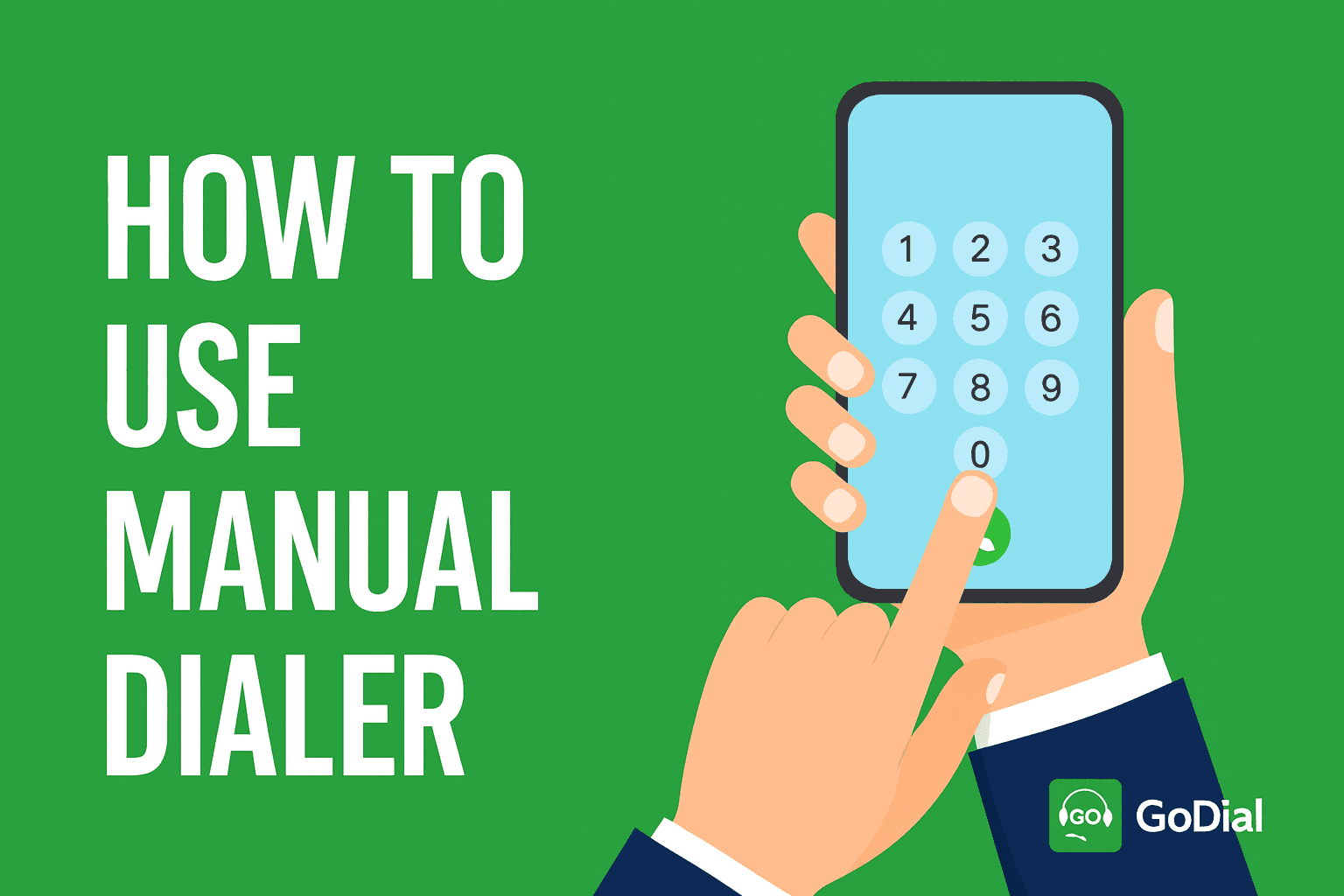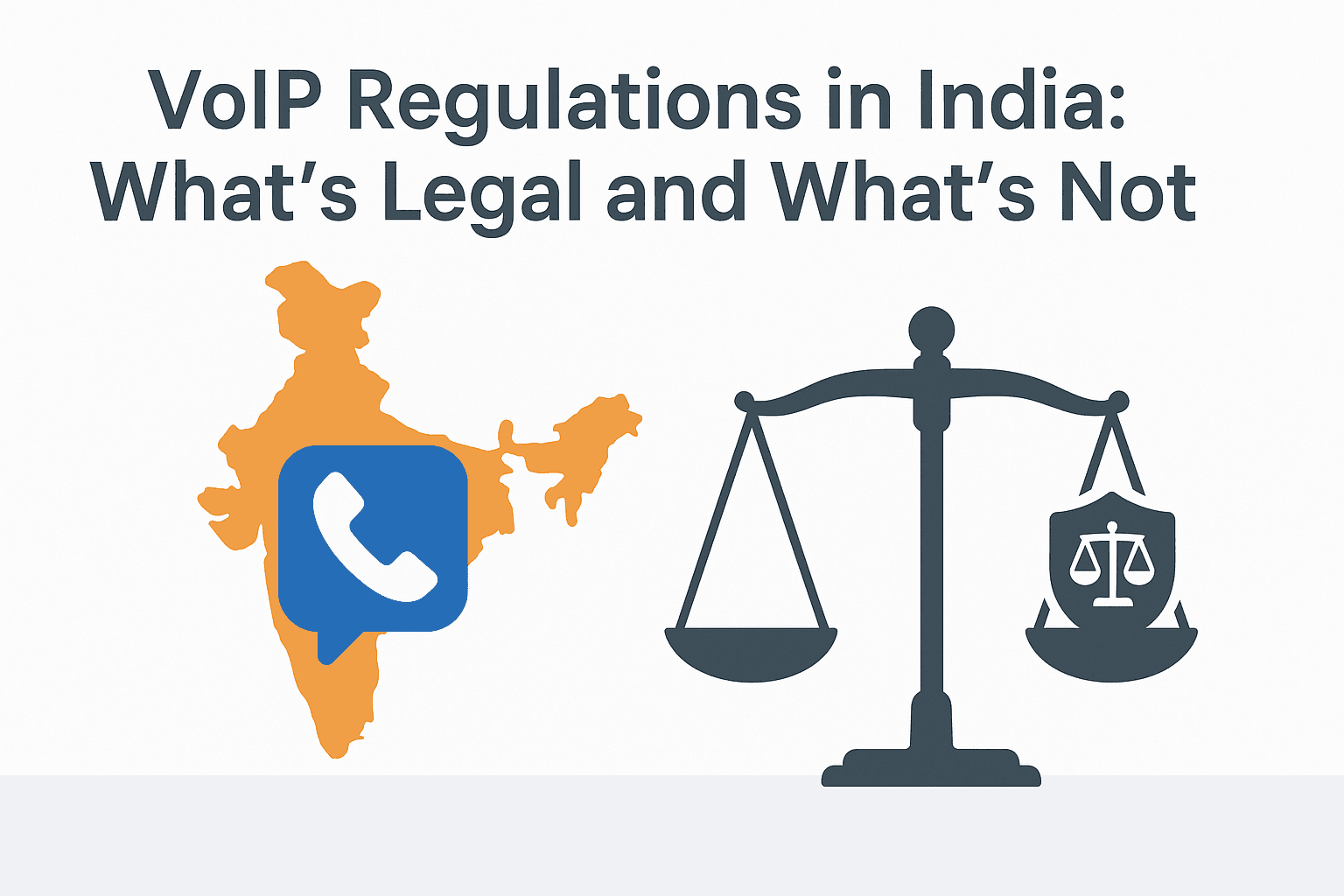
A call center is a centralized office or facility that is used to handle a large volume of telephone calls. These calls can include customer service inquiries, technical support, sales, and telemarketing.
Call centers are typically staffed by a team of customer service representatives, who are responsible for answering calls, addressing customer inquiries, and resolving problems.
India has a large number of call centers, with an estimated 400,000 people employed in the industry.
The majority of call centers in India are located in major cities, such as Delhi, Mumbai, Bangalore, and Hyderabad. These cities have a strong infrastructure, which makes them attractive locations for call centers, as well as a large pool of talented employees.
Additionally, the cost of living in these cities is relatively low compared to other major cities around the world, which allows call centers to operate more cost-effectively
India is preferred as a call center hub for several reasons, including:
- Cost-effectiveness: India offers cost-effective call center services, as labor and operating costs are relatively low compared to developed countries.
- Skilled workforce: India has a large pool of English-speaking, educated, and skilled workers, which makes it easier to set up and manage call centers.
- Time zone advantage: India is strategically located in a time zone that allows for 24/7 call center operations, making it possible for businesses to provide round-the-clock customer support.
- Strong technological infrastructure: India has a strong technological infrastructure, including reliable telecommunications systems, internet connectivity, and a large pool of IT professionals.
- Government support: The Indian government has been supportive of the growth of the call center industry, providing tax incentives, subsidies, and other support to encourage investment in the sector.
These factors, among others, have contributed to India’s popularity as a call center hub, attracting a significant amount of investment from global companies looking to outsource their customer service and support operations.
To set up a call center in India, there are several key requirements that must be met. These include:
- Office Space: The first step in setting up a call center in India is to secure a suitable office space. This space should be large enough to accommodate the number of employees you plan to hire, as well as any necessary equipment, such as computers and telephones.
- Equipment: To operate a call center, you will need a variety of equipment, including computers, telephones, and a telephone system, such as a PBX or IP-PBX. You will also need a dialer, which is a computer program that automatically dials numbers from a pre-defined list.
- Internet and Telecommunications: A high-speed internet connection and reliable telecommunications infrastructure are essential for a call center. This is because call centers rely heavily on the internet to connect to customers and transfer data.
- Staffing: Setting up a call center requires hiring a team of customer service representatives, supervisors, and managers. These employees will be responsible for answering calls, addressing customer inquiries, and resolving problems.
- Legalities: There are several legal requirements that must be met when setting up a call center in India. These include obtaining the necessary licenses and permits, as well as complying with labor laws and data protection regulations.
- Finding Projects: Once you have set up your call center, you will need to find projects to work on. This can include finding clients to provide customer service, technical support, or telemarketing services to.
Setting up a call center in India requires compliance with various legal and regulatory requirements, including:
- Company incorporation: Setting up a call center requires the incorporation of a company under the Companies Act, of 2013.
- Licenses and permits: Obtaining licenses and permits from various government agencies, including the Department of Telecommunications, Ministry of Home Affairs, and Ministry of Labor, among others.
- Data protection and privacy laws: Compliance with the Information Technology (Reasonable Security Practices and Procedures and Sensitive Personal Data or Information) Rules, 2011, and other data protection and privacy laws.
- Labor laws: Compliance with various labor laws, including the Payment of Wages Act, of 1936, the Minimum Wages Act, of 1948, and the Employees’ Provident Funds and Miscellaneous Provisions Act, of 1952, among others.
- Taxation: Compliance with tax laws and regulations, including obtaining a Permanent Account Number (PAN), registering for Goods and Services Tax (GST), and obtaining tax clearances from the Income Tax Department.
Once you have met these requirements, you can begin to set up your call center. This will typically involve installing and configuring the necessary equipment, hiring staff, and training employees.
GoDial is a cloud-based call center solution that is rapidly gaining popularity as a better alternative to traditional call centers.
No Hardware Required
GoDial operates entirely in the cloud, meaning that there is no need for expensive hardware or software to be installed on-site. This saves businesses money on upfront investment and reduces the amount of IT support required.
No Capital Investment Required
With GoDial, there is no need for a large capital investment. Businesses only pay for what they use, making it an ideal solution for startups and small businesses that need to manage calls without breaking the bank.
Remote Working
GoDial supports remote working, meaning that agents can work from anywhere with an internet connection. This makes it ideal for businesses that need to manage calls outside of traditional office hours, as well as for businesses that have remote or dispersed teams.
Low Running Costs
GoDial has a low cost of ownership compared to traditional call centers. This is because it operates in the cloud and requires no hardware, which reduces both upfront and ongoing costs.
Export Reports
GoDial provides businesses with real-time insights and reports on call performance, enabling them to make informed decisions about their call center operations. Reports can be easily exported for analysis, helping businesses to identify trends and make improvements.
Sim-based dialer
GoDial uses a sim-based dialer, which means that businesses can use local or international numbers, depending on their needs. This enables businesses to make and receive calls at local rates, reducing the cost of call center operations and improving customer satisfaction.
In conclusion,
GoDial offers businesses a better alternative to traditional call centers. With no hardware requirements, low running costs, and the ability to work remotely, GoDial is a flexible and cost-effective solution for businesses of all sizes.











